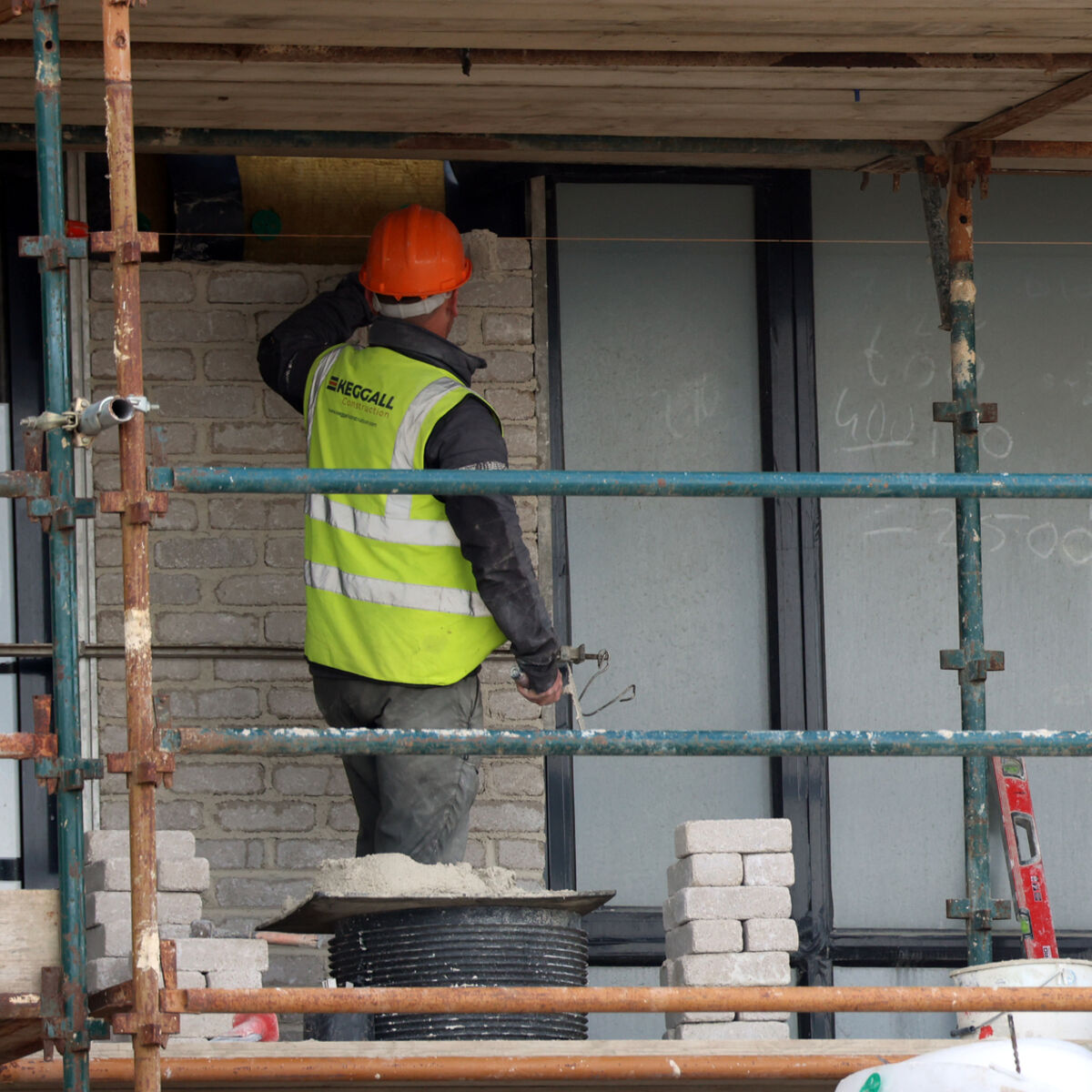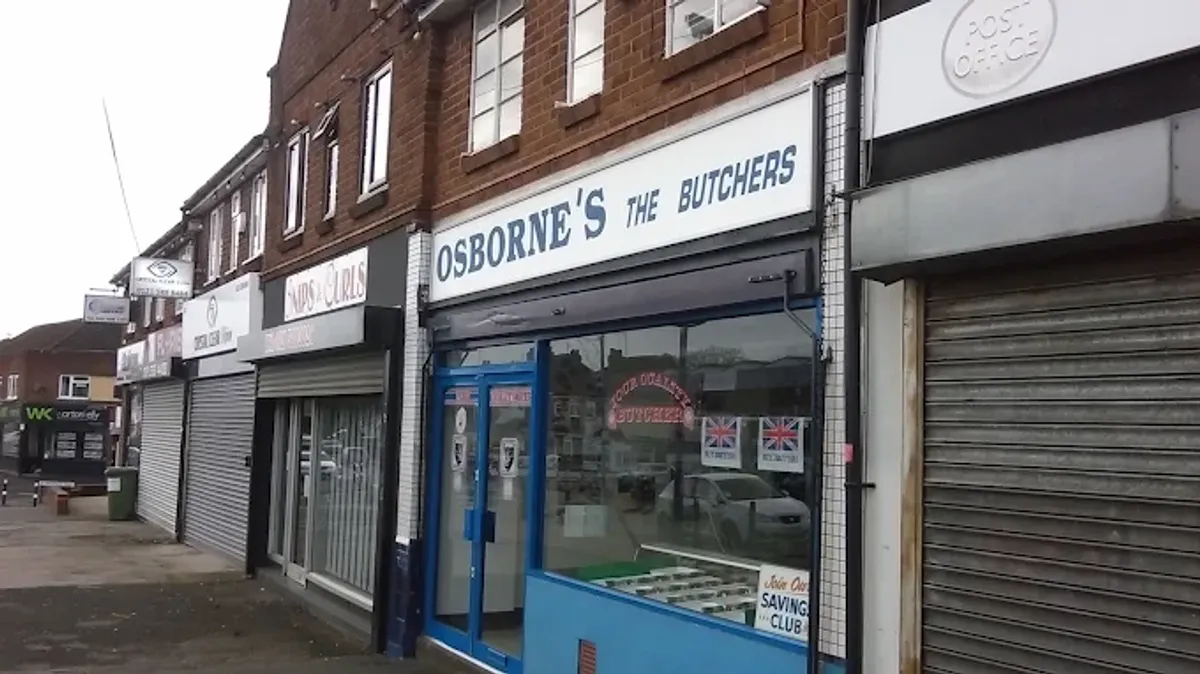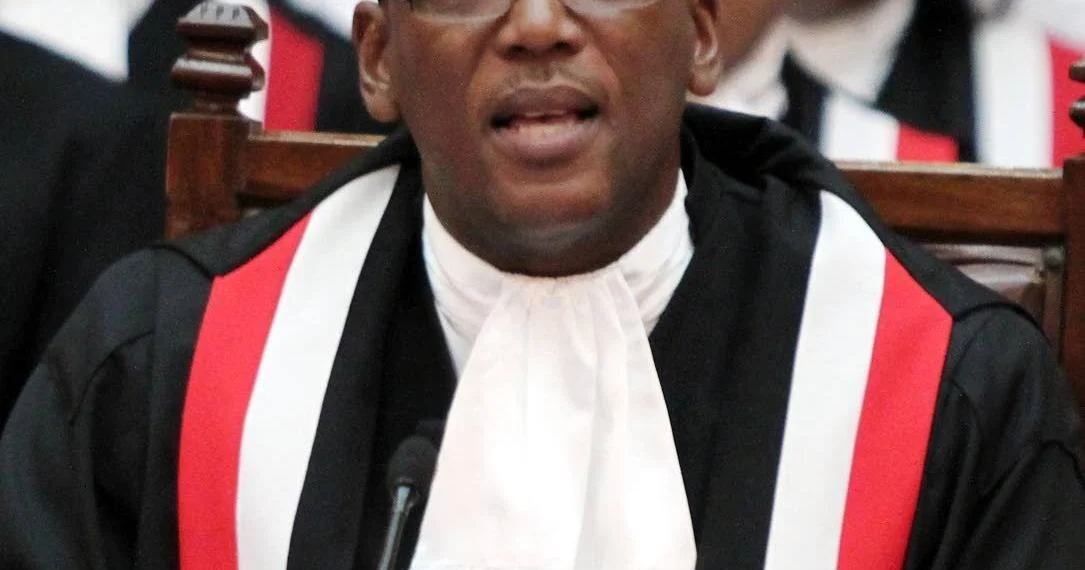By Irishexaminer.com,Ronan Smyth And Sean Murray
Copyright irishexaminer

During its last economic bulletin in June, the Central Bank had projected 37,500 for 2026 and 41,500 for 2027.
The projections will pile further pressure on the Government which has been struggling to meet its housing targets. It is aiming for 300,000 new homes by 2030 but has fallen short of recent targets.
The latest figures come as new data from the CSO shows house prices are continuing to rise at a steady rate, with the median price of a home in Ireland now standing at €374,999.
The Residential Property Price Index rose by 7.5% in the 12 months to July 2025, a fall from 7.9% the month before.
Property price inflation outside of Dublin continues to outpace the capital, with prices up 8.7% in the rest of the country compared to 6% in Dublin.
In its latest quarterly bulletin, the Central Bank warned that the persistent gap between the supply of and demand for housing services sees “house prices and rents increasing at a faster pace than incomes”.
“With expectations for house prices playing an important role in forming Irish consumers’ overall inflation expectations, risks remain that developments in the housing market not only constrain economic growth but also feed into inflation being higher than would otherwise be the case,” the bulletin said.
It cited data from the CSO which found 15,152 new homes were delivered during the first half of the year, above previous expectations, but commencements declined to 6,325.
The volatility in commencements introduces significant uncertainty to the forecast for housing completions. Permissions and new home loans are not pointing to any substantial acceleration in new supply and the infrastructural barriers around water and electricity connections are constraining new completions.
Central Bank director of economics and statistics Robert Kelly said recent data on planning permissions show it is “quite weak in terms of what we’d expect” and that determines the “pipeline further down”.
He also cited the bottlenecks in terms of infrastructure and housing as issues that “don’t seem to be resolving themselves”.
He added that the scaling up needed in the housing construction sector “looks more challenging that it did a year ago”.
Mr Kelly said the shortage of housing and the need for better infrastructure particularly around energy has an impact on how competitive the country can be when competing for foreign investment.
“If we want to continue to be an attractive place for those highly skilled individuals to work, we have to be able to house them and we have to have companies which can have the energy they need to operate. It is something that we would be concerned about in terms of medium term growth,” he said.
The bulletin said it is “essential” that issues such as infrastructure gaps in water, energy, transport, and housing are addressed in order to improve “Ireland’s attractiveness for foreign direct investment and to contain the costs of living and doing business”.
The Government is targeting 300,000 new homes by 2030.



